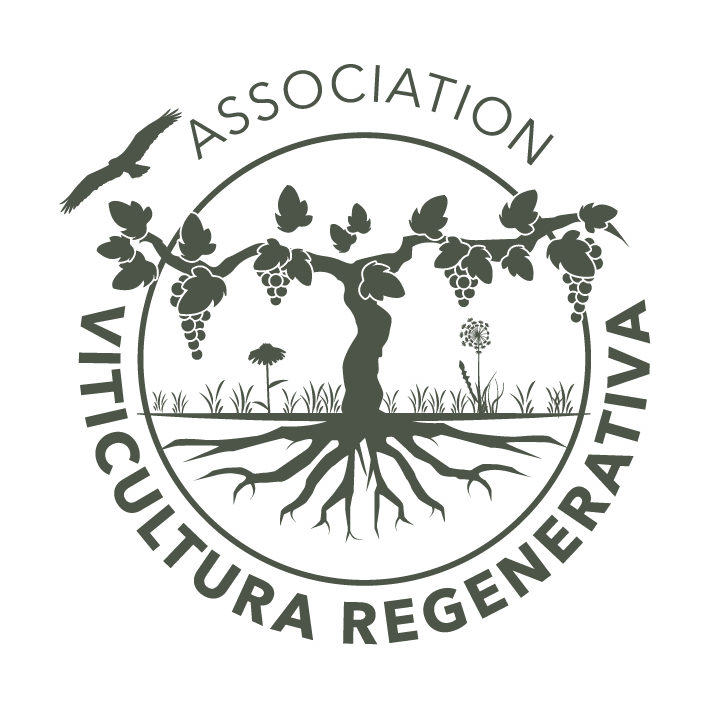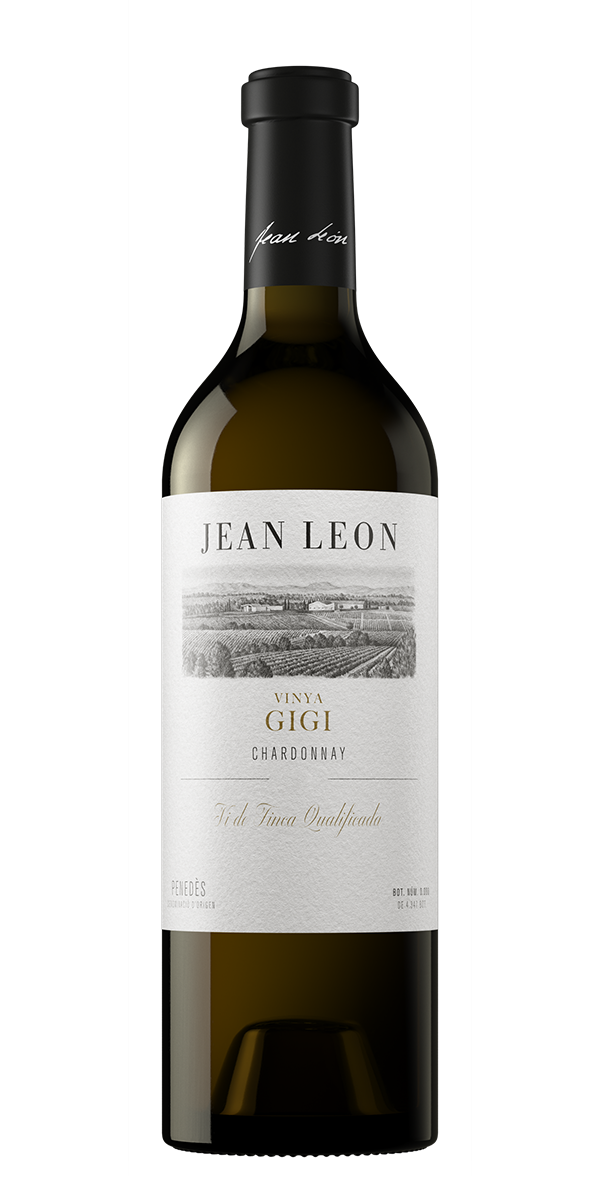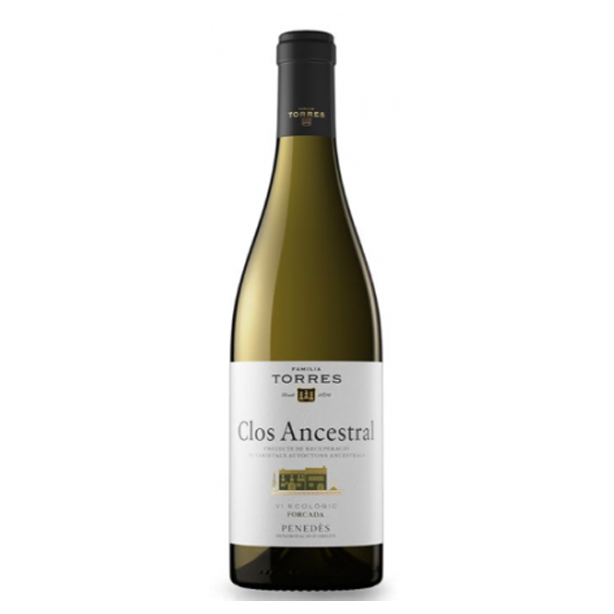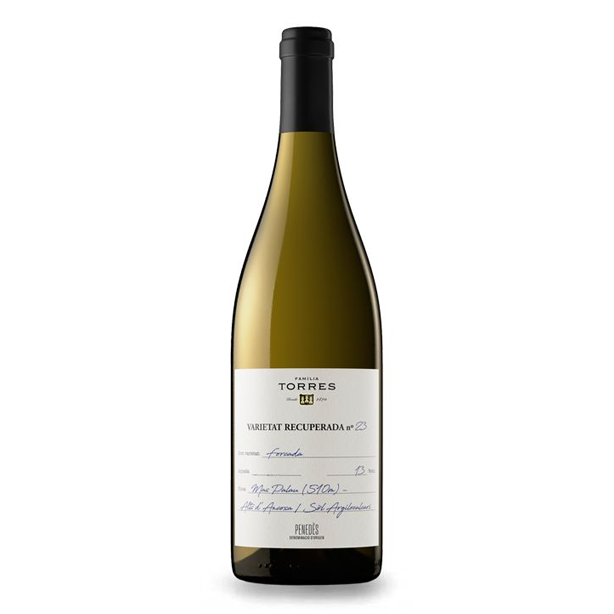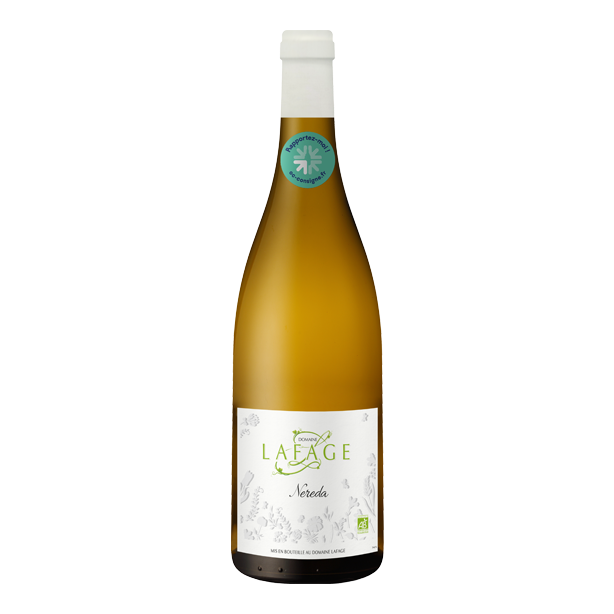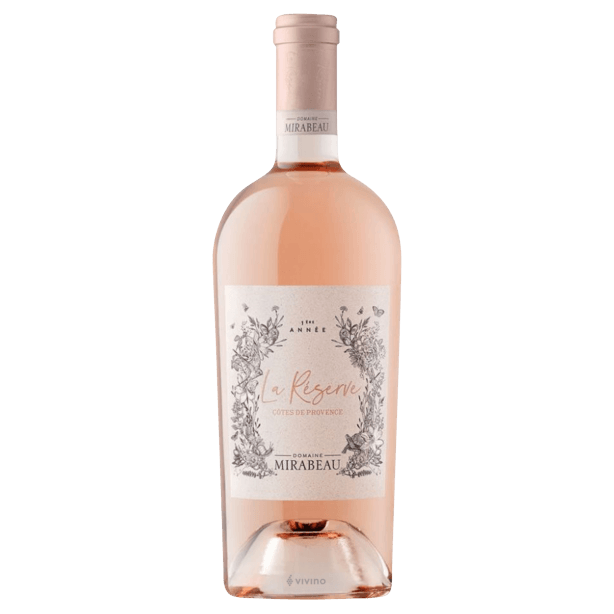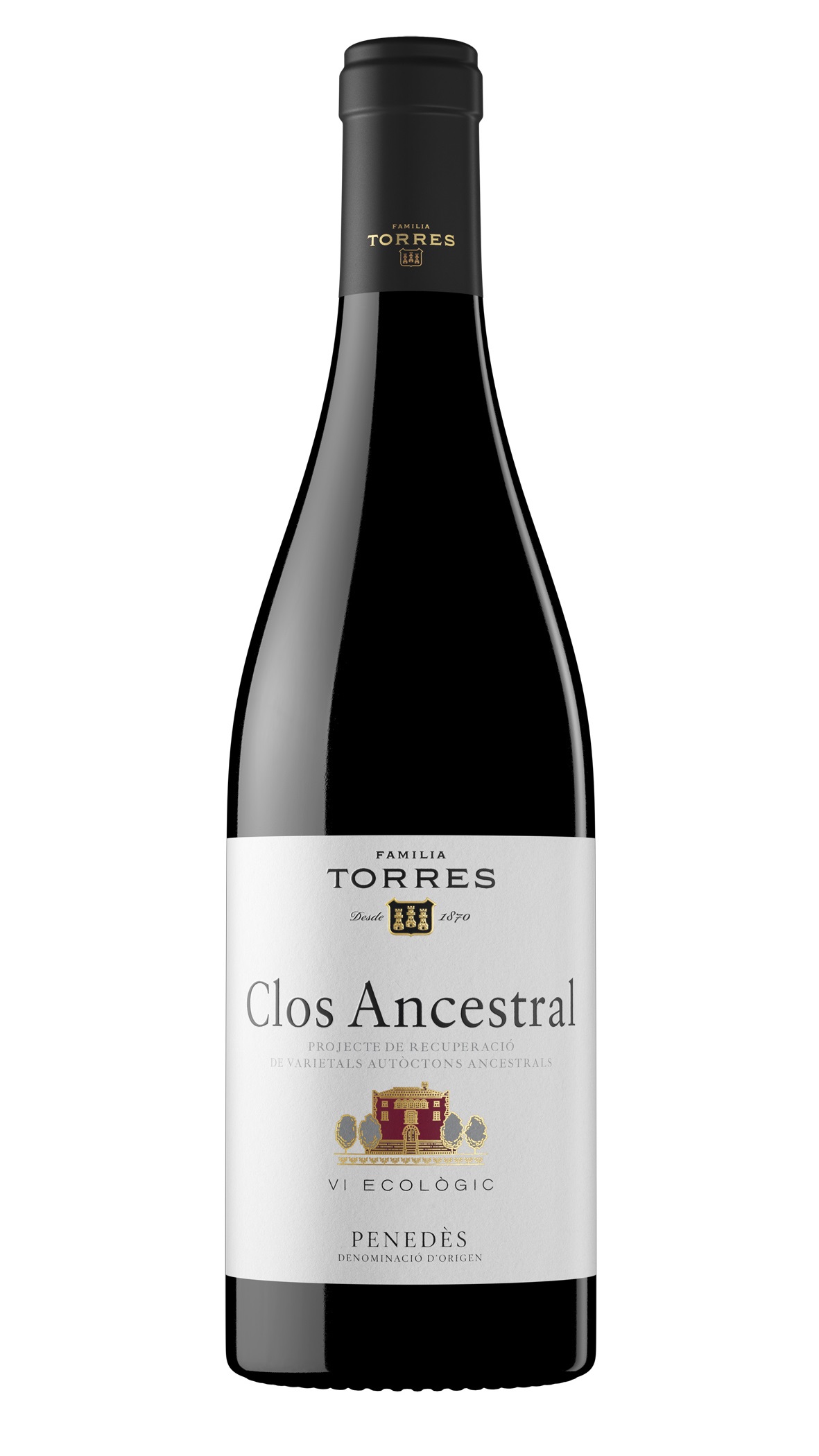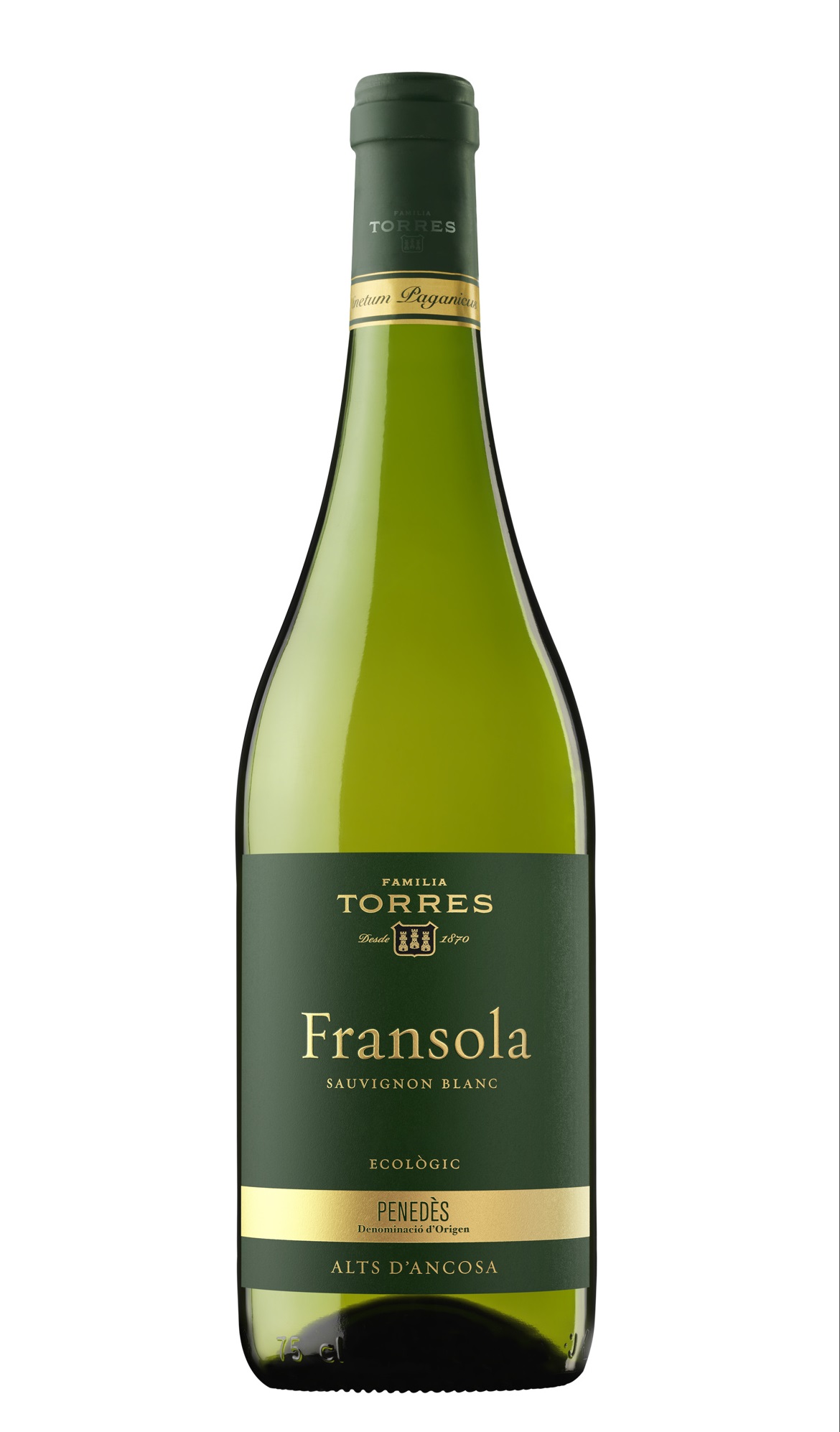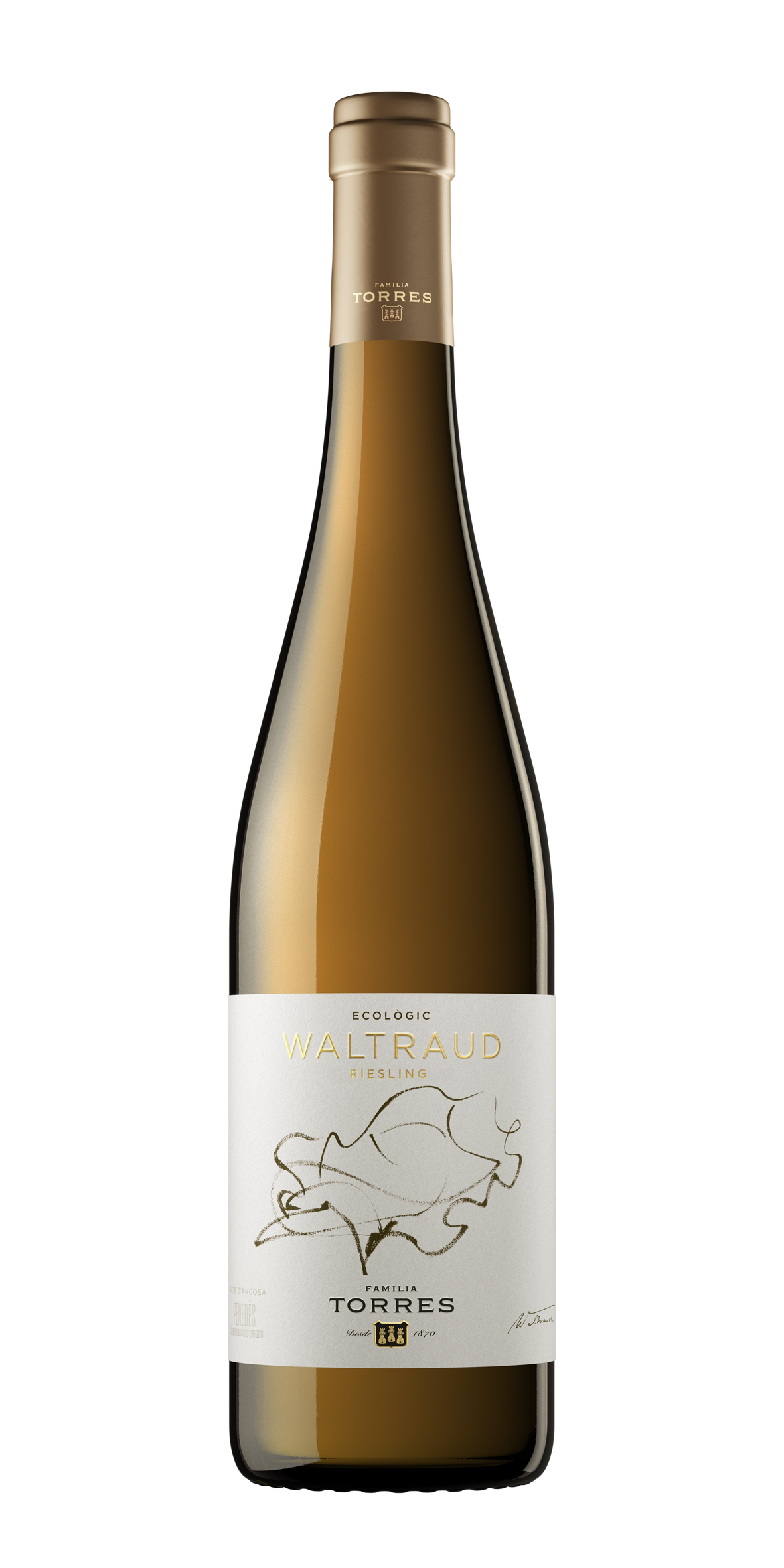International Certification Regenerative Viticulture Alliance
What is RVA certification?
It is the highest standard for regenerative viticulture worldwide. We want to enable vine growers, producers, and consumers to create a better world through regenerative viticulture, an agricultural model that improves the health of vineyard soils and has a positive impact in terms of biodiversity, carbon sequestration, and water cycles in production areas.
What are the goals?
- To recognize the vine growers who use regenerative viticulture and demonstrate an improvement in the soils where the grapes are produced
- To certify the wines that come from regenerative vineyards and contribute to slowing down global warming
What does the certification standard include?
- Recommended regenerative viticulture practices that can be applied in the vineyard on two levels: Transition and Advanced
- Sampling system that enables demonstrating the positive effects of these practices on soil health
- Certification system that will support public recognition of the efforts made by vine growers and producers
How does certification work?
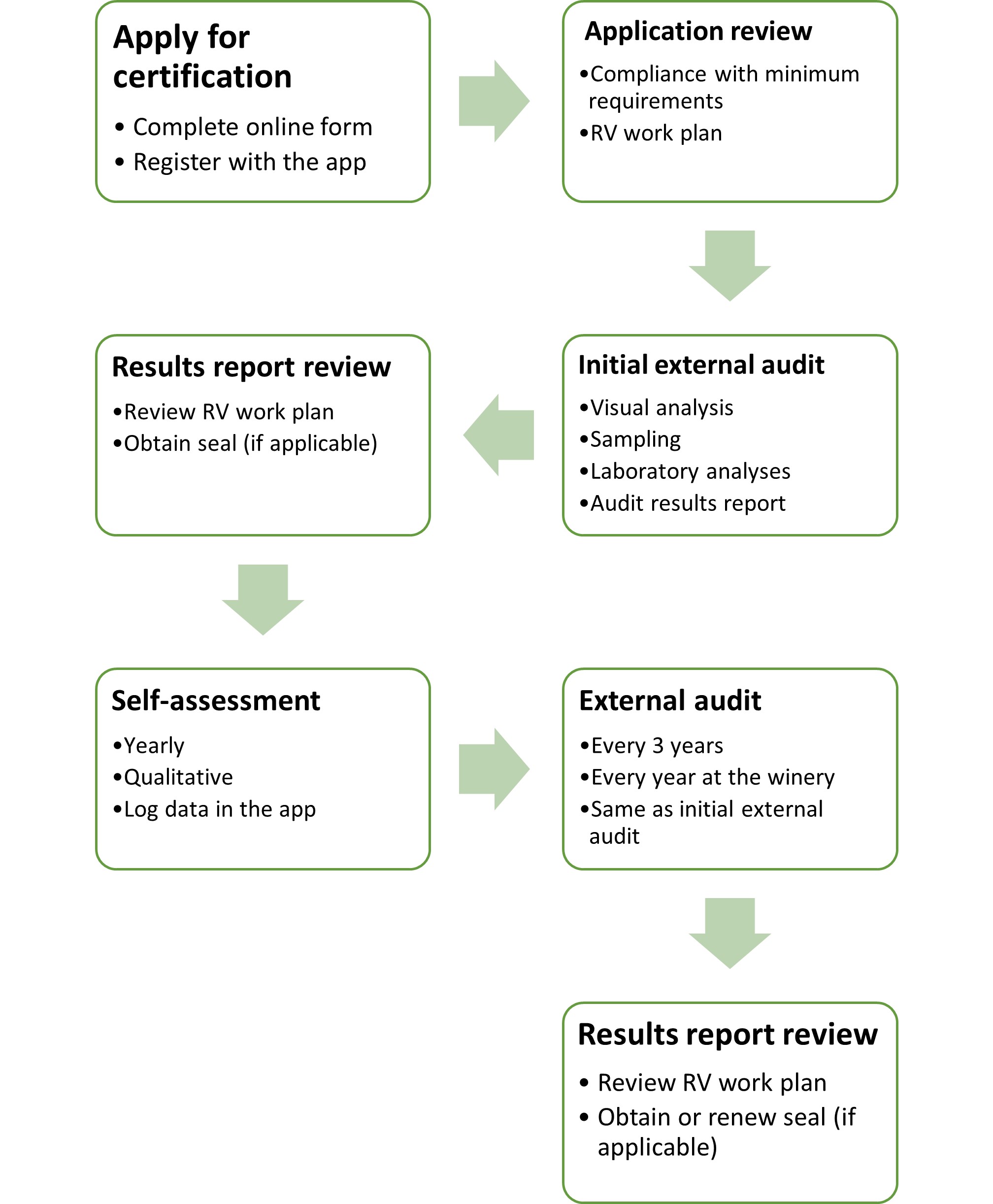
Key points
- International certification created by the Regenerative Viticulture Association, in cooperation with the Regenerative Viticulture Foundation
- Open to all vine growers and wine producers worldwide who apply the regenerative practices recommended in the standard
- Compliance with these practices verified by the independent international certification entity Ecocert
- Two levels of certification based on the level of implementation: RVA Certified and RVA Transition
- Valid for three years in the vineyard and one year for the winery
- Continuous self-assessment through the app or website
- Regenerative Viticulture introduction course (compulsory to obtain the certification but also available to anyone interested)
Documents
- Regenerative viticulture certification standard (available)
- Governance model (available)
- Fee and cost structure (available)
- List of sanctions (available)
- Regenerative viticulture system plan (available)
- Rules for using the certificate and seal (available soon)
- Procedure for the suspension and withdrawal of the certificate and/or seal (available)
- Procedure for taking samples for soil analysis (available soon)
- Certification app and website user manual (available soon)
- Photo Schedule for RVA App (available)
Wineries with certified vineyards
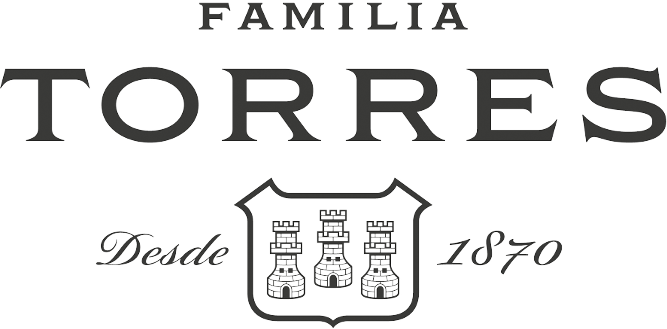

The family winery founded in Vilafranca del Penedès in 1870 traces its winegrowing roots back to the 16th century. It has vineyards and wineries in Penedès, Priorat, Conca de Barberà, and Costers del Segre; in Ribera del Duero, Rioja, Rueda, and Rías Baixas, as well as in Chile and California. “The more we care for the earth, the better our wine” has been the family motto for generations, reflecting the deep respect with which the winery works the land. In 2008, Familia Torres strengthened its environmental commitment to adapt to climate change and help mitigate its effects by reducing the winery’s carbon emissions. The fifth generation – represented by Miguel and Mireia Torres – is driving the transformation of the family's organic vineyards towards a regenerative management model, convinced that this is the only approach that can help stop climate change while restoring natural soil fertility, preventing erosion, and fostering biodiversity. Familia Torres is also a founding member of the association International Wineries for Climate Action, which strives to decarbonize the wine industry on a global level.
Visit website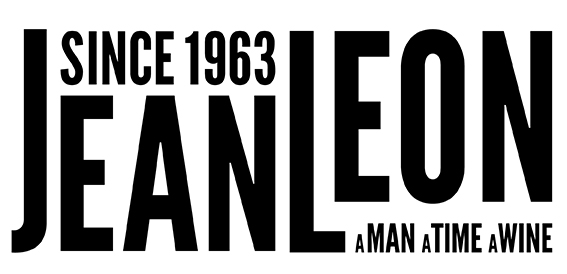

The family-owned Penedès winery was founded in 1963 by Jean Leon (born Ceferino Carrión in Cantabria), a visionary man who realized his two biggest dreams: opening the most luxurious restaurant in Hollywood and creating an exclusive wine to delight his select clientele. Owned by Familia Torres since 1994, and with Mireia Torres at the helm since 2010, the winery was the first to receive the Vi de Finca, or single vineyard, designation in Penedés for four of its wines, the highest distinction the Catalan government bestows on a wine. The winery owns 65 hectares of vineyards, and all of its wines have been certified organic since the 2012 vintage. Jean Leon is currently working on several research projects related to sustainability and biodiversity in the vineyard.
Visit website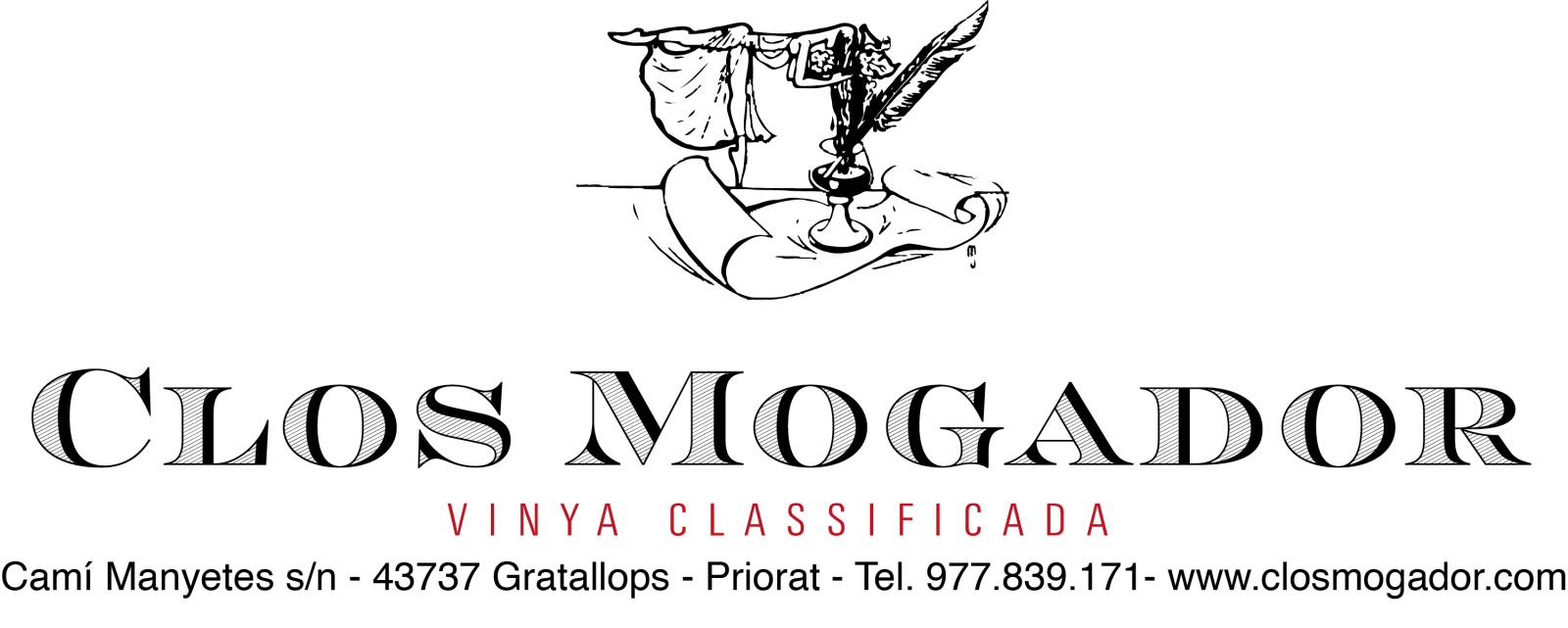

The iconic Priorat winery was founded in 1979 by René Barbier and his wife, Isabelle Meyer. They were part of what is now known as the Priorat revolution when they joined other winemakers in releasing their first joint vintage in 1989, thus catapulting this secluded region in the province of Tarragona to international fame. Clos Mogador springs from the knowledge of several generations that have understood – and continue to understand – how to enjoy the natural environment at its purest. For them, the expression of the terroir is everything, which means keeping the vineyards full of life and allowing for a natural balance through regenerative and biodynamic agriculture and good biodiversity. This is why Clos Mogador alternates 100-year-old vineyards with others that are 20 or 12 years old, even recently planted vines with olive groves, fruit trees, and aromatic herbs, where all sorts of insects and species co-exist. In short, it is about creating a natural ecosystem that is good for the earth, the plants, and the wine.
Visit website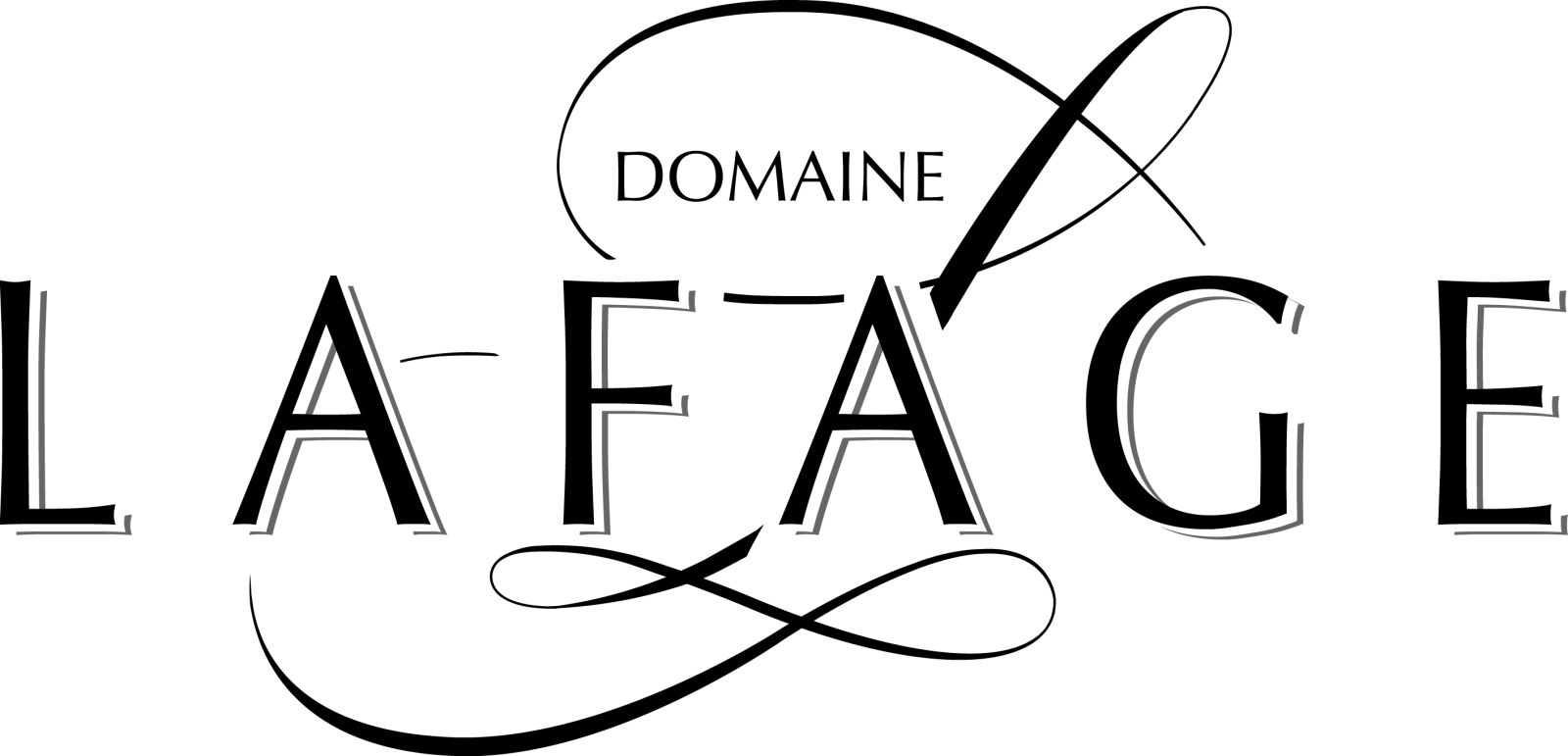

The Lafage family has been dedicated to viticulture for more than 2 centuries. His winery is located in the heart of Roussillon, in the south of France, in a 15th-century Masía Catalana built in stone. Currently, they have more than 350 hectares of vineyards, which extend from the shores of the Mediterranean in Canet-en-Roussillon, to the Pyrenean foothills of Aspres, passing through Maury. At the hands of Jean Marc and Eliane Lafage, the winery's mission is to show and value the most beautiful plots of Roussillon, and create wines that reflect the typicality of this territory, as well as pay homage to the magnificent vineyards that nature and their ancestors left them.
Visit website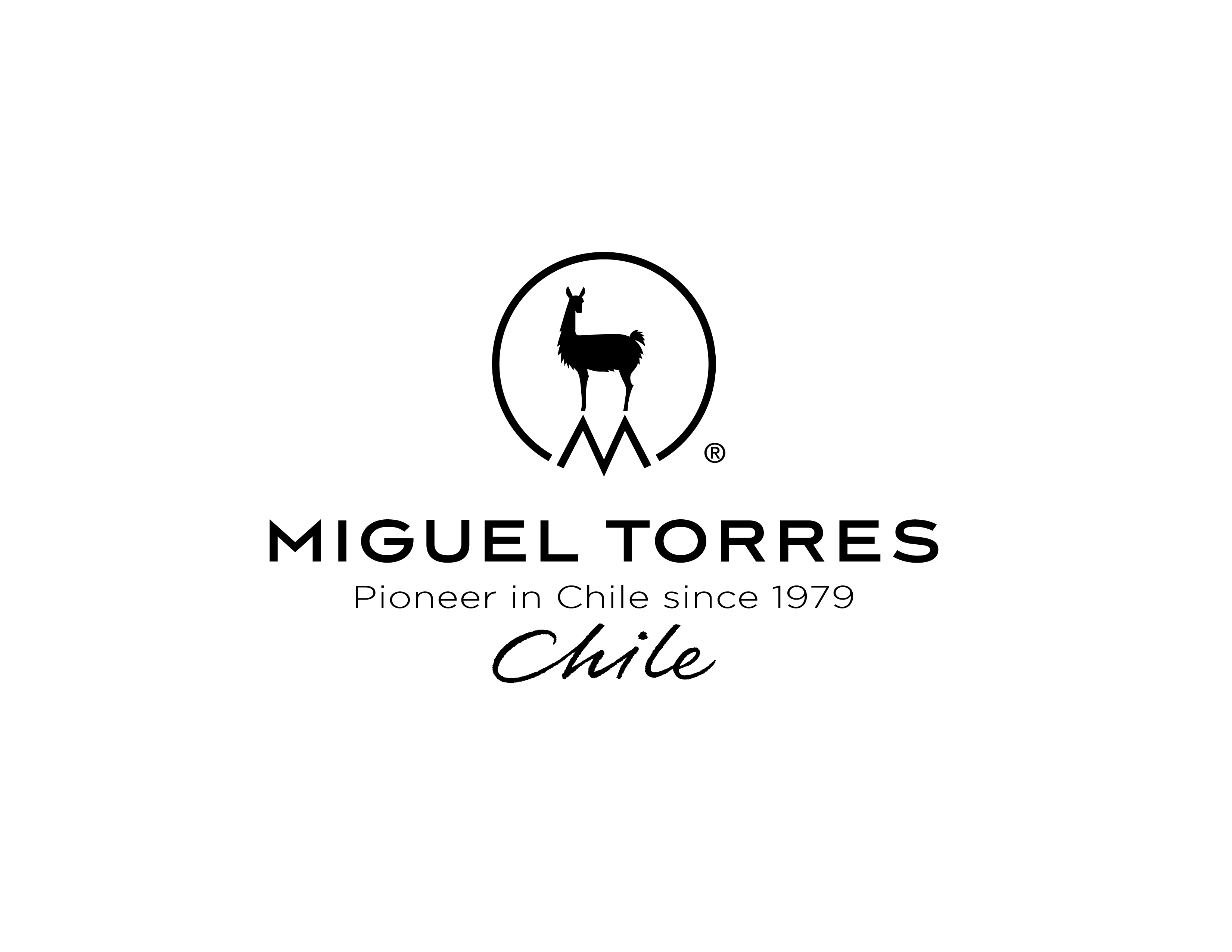

Backed by a history rooted in winemaking culture in Spain, Miguel Torres Chile arrived in the Curicó Valley in 1979 after searching for a new location. On this journey, as well as finding excellent climatic conditions, the family has committed to innovating in wine production, incorporating stainless steel tanks and French oak barrels. Today, Miguel Torres Chile also focuses its commitment on organic vine-growing and Fair Trade certification for various wines. These advances have helped the company to become more sustainable, and to implement several sustainable projects.
Visit website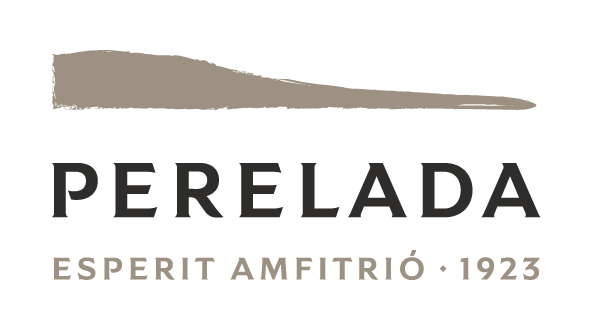

The origins of Perelada go back to 1923, when the Mateu family acquired the Castle of Peralada with the aim of revitalizing the long winemaking tradition of the Empordà. The first wines, vinified in the cellar and cellars that were under the Carmel Convent, within the castle complex, fell in love with the public and soon they were selected for official banquets of outstanding historical relevance. In 2022, the dream of three generations of the Suqué Mateu family was fulfilled with the inauguration of its new winery, conceived with the commitment to produce excellent wines, highlighting the vineyards of the different estates of the property and the enormous winemaking potential of the D.O. Emporda In 2023, Perelada celebrates its 100 years of history with an eye towards the future and with two main premises: to be benchmarks in sustainability and to continue growing in quality. To achieve this, it works on different integrated fronts with the aim of achieving greater sustainability in its winemaking activity, being the first European winery to have the Leed Gold certificate in 2021, and to guarantee responsible management, approaching proactively the challenges of climate change and applying affective measures to minimize its effect.
Visit website

In 2019 Stephen and Jeany Cronk sold their home in London and moved with their three children to Provence where he and they founded Maison Mirabeau which is now an internationally recognised rosé wine brand. Ten years later in 2019 they acquired a 20-hectare estate near La Garde Freinet in the Côtes de Provence appellation. The soil, having been conventionally farmed for the previous 25 years, resembled a moon landscape and the couple decided to bring the estate back to life. Converting to organic farming wasn't going to provide enough of a framework for rebuilding soil organic matter and so they looked into regenerative agriculture and the path was set to convert their piece of land back to its natural glory and invite life back into its soils. This is steadily being undertaken with the guidance and support of regenerative viticulture pioneers. Stephen is one of the founders of the Regenerative Viticulture Foundation, a UK based non-profit that aims to support wine producers around the world as they transition towards regenerative farming.
Visit website

It was in 2011 when Marcelo Lima, a Brazilian businessman, and Tony Smith, a former journalist and correspondent, got together to buy Quinta de Covela, formerly owned by filmmaker Manoel de Oliveira, but which had been abandoned for two years. The purchase was the realization of a dream for both of them. The previous team joined the challenge, including winemaker Rui Cunha and the desire to do more and better was more than visible. Lima & Smith explores Quinta de Covela in the Vinho Verde region, with certified organic production, in an area that is the cradle of the Avesso variety, recognized for the quality of its whites and rosés. In the demarcated region of the Douro, it produces wines under the Tecedeiras brand, a brand that already has a history in the Douro. In Douro Verde and thanks to the collaboration with the Eça de Queiroz Foundation, Lima & Smith produces a classic Tormes green wine, in tribute to the writer.
Visit website